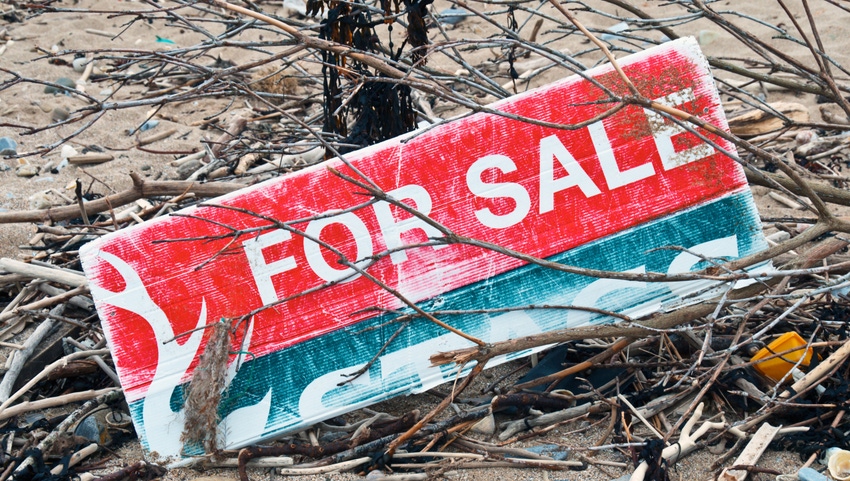Eurobites: Spirent spurns Viavi bid for higher offer from Keysite
Also in today's EMEA regional roundup: Ekholm speaks out on over-regulation, again; Vodafone supplies connectivity for new 5G lab; OneWeb seals business-jet Internet deal.

Spirent Communications, the struggling UK-based test and measurement company, has backtracked from its tentative agreement to sell up to Viavi after receiving a better offer from another US firm, Keysite Technologies. Viavi had offered 172.5p per share but now Keysite has waded in with an offer of 201.5p per share, valuing Spirent at £1.15 billion (US$1.45 billion). In a statement, Spirent – which issued a profit warning in October – said: "The Spirent Directors consider that the Acquisition represents a superior proposition for Spirent Shareholders relative to the Viavi Offer, with the Acquisition Value representing an increase of 26.5 pence per Spirent Share relative to the Viavi Offer. Accordingly, the Spirent Directors have unanimously withdrawn their recommendation of the Viavi Offer and intend to adjourn the Viavi Offer Shareholder Meetings."
We've heard it before and we'll no doubt hear it again: Over-regulation is holding back the European telecom industry. This week it's Ericsson boss Börje Ekholm voicing the refrain, telling a Nordic Investment Bank seminar that "prioritization of regulation over innovation" and the fragmented nature of the European telecom market is putting it at a massive disadvantage when compared to the likes of China, the US and India. Ekholm cited artificial intelligence (AI) as a case in point, saying that the EU has attracted just 4% of AI funding to date, compared to more than 80% for the US and China. Ultimately, reckons Ekholm, European operators are just too small as things stand. "For an operator, scale matters, and European operators are subcritical in scale," he said.
Vodafone is to supply 5G standalone connectivity for a new 5G lab in the northern English city of Newcastle. The lab is the brainchild of Digital Catapult, a part-commercial, part-government funded organization that looks to encourage innovation across a variety of sectors. The lab will offer the usual mix of co-working areas and event spaces, offering local businesses access to up-to-date digital tech to help overcome barriers that might be preventing them from adopting the latest tech.
Eutelsat OneWeb has landed an in-flight connectivity deal with Aloft AeroArchitects, an operator of Boeing business jets. Under the terms of the agreement, Aloft will equip a private Boeing aircraft with OneWeb's low Earth orbit (LEO) satellite connectivity service. The service will be facilitated by a new electronically steered array terminal being developed by Stellar Blu Technologies and delivered through OneWeb's distribution partner, Satcom Direct.
Europeans are continuing to be hit by scam voice calls, with 19% of German, 18% of French and 16% of UK consumers admitting to falling victim to such calls within the past year. These are the findings of the latest State of the Call report from Hiya, a US-based voice security company. The average amount of money lost by consumers globally to such calls was £1,792 ($2,257), though consumers in Germany were particularly hard hit, losing on average an alarming £3,686 ($4,649) to the bad guys.
Deutsche Telekom has turned to NextLabs to help it get its IT systems in order from a data security viewpoint. NextLabs' client list already includes SAP, Microsoft and Amazon.
Sony is launching its 54-strong stable of free, ad-supported streaming television (FAST) channels in Europe. The Sony One channels will appear on TiVo+, Samsung TV Plus and LG Channels.
Read more about:
EuropeAbout the Author(s)
You May Also Like




_International_Software_Products.jpeg?width=300&auto=webp&quality=80&disable=upscale)







